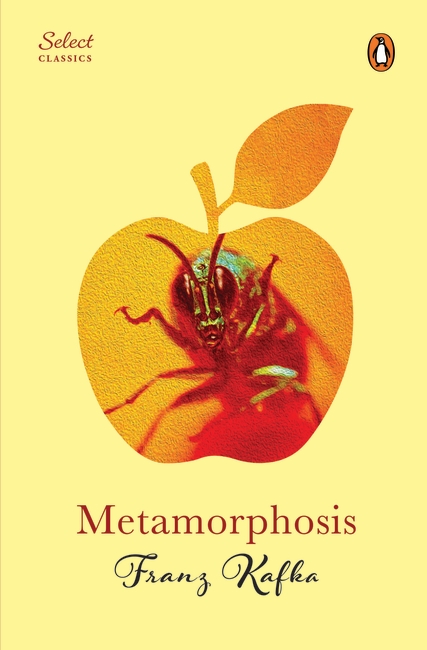Blurb:
One morning, Gregor Samsa wakes up to find himself transformed into a horrible vermin. Here begins Metamorphosis, the most resounding story of the inherent human conflicts and the suppressed dark side of the human existence.
As Samsa struggles to remind those around him that he is still human despite his new repulsive appearance; we see his friends and family struggle to remember the person that lives in this unappealing creature. Are we inherently a superficial society?
Can we truly look past the surface to appreciate inner beauty? Do we possess the ability to selfishly care for others?
The Metamorphosis is a compelling, sarcastic, and emotional story holding a mirror to the feelings of alienation common to all alike.
My Review:
Being just 60 pages in length, this book happened to take me way longer than I anticipated. The reason being that Franz Kafka has done a stellar job of building the world this story is set in.
The entire story takes place within the four walls of the apartment, and a majority of it is in Gregor’s bedroom, yet we get a glimpse of more than what we can see. From the idiosyncracies of the family members, domestic staff, and colleagues to the spiraling mindset of Gregor himself.
The novella’s three chapters trace Gregor’s transformation: the initial shock and confusion, the escalating strain it places on familial relationships, and the family’s ultimate struggle to reclaim normalcy.
As much as the book is often compared to society’s obsession with outer beauty, I see it as an even deeper allegory: the experience of caring for an incapacitated loved one.
When a family member becomes chronically ill, the initial response is often one of support and sympathy. However, as time drags on, the realities of caregiving set in—added responsibilities, emotional and financial strain, and the accompanying weariness. No matter the good intentions, the exhaustion can lead to frustration, resentment, and even a wish for the situation to end. This leads to inevitable conflicts and a growing emotional distance from the suffering individual. Kafka’s depiction of Gregor’s family mirrors this bleak but realistic cycle, embodying a universal and uncomfortable truth: care and compassion, when tested by prolonged hardship, can falter.
The story’s metaphor is chilling and relatable, holding a mirror to the alienation that creeps in when burden and discomfort become too heavy to bear. It is unsettling, tragic, and achingly authentic.

